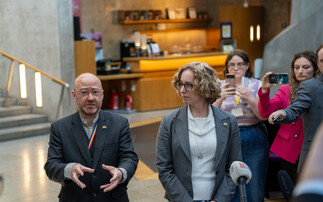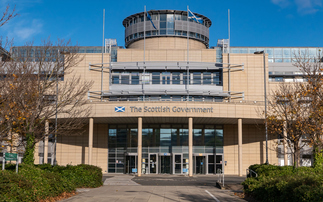Energy and Climate Change Secretary defends government's decision to shake-up the popular feed-in tariff scheme
Moving to a low carbon economy is key to our long-term economic and environmental prosperity. But as I have stressed repeatedly since the election, this government's priority is to do so in the most cost-effective way possible, getting a grip so sensible, affordable policies are implemented that keep bills as low as possible for hardworking families and businesses across the country.
Our latest projections show that subsidies paid through schemes such as the feed-in tariff (FiT), where we announced a consultation on changes recently, are likely to significantly exceed the £7.6bn limit that was originally set by 2020.
Part of this overspend is because industry has been so successful at responding to the incentives government put in place. Our initial ambition was to support 750,000 installations under the FiT by 2020. Take-up has been so great that we expect to achieve this ambition by the end of this year. But this has meant the overall cost of the scheme has also exceeded expectations.
At the same time, the technologies being supported have seen dramatic reductions in costs. In solar, this fall has been spectacular.
As part of our agreement with the EU to allow us to provide this kind of publicly funded support, we have to review the level of FiT subsidies every three years. This regular review started earlier this year and so it is the right time to consider how much support should be available. Such a review would have taken place with any new government, even if there was no limit on how much we were spending overall on subsidies.
Our evidence, gathered by independent experts, found that the costs of many of the technologies had fallen dramatically. When presented with this evidence, it is only right to consult on making appropriate cuts to subsidy levels. None of the proposals in the FiTs review are retrospective, so no-one who has already installed the measures will see their subsidy cut.
We have made better progress in deploying renewable energy than we could possibly have imagined. But we have to balance that success with limiting the impact on people's bills.
Renewable energy and other low carbon technologies will only be taken up at the scale we need to address global climate change if costs are kept under control. This is as much a part of sustainability as subsidies.
Amber Rudd is the UK's Energy and Climate Change Secretary








